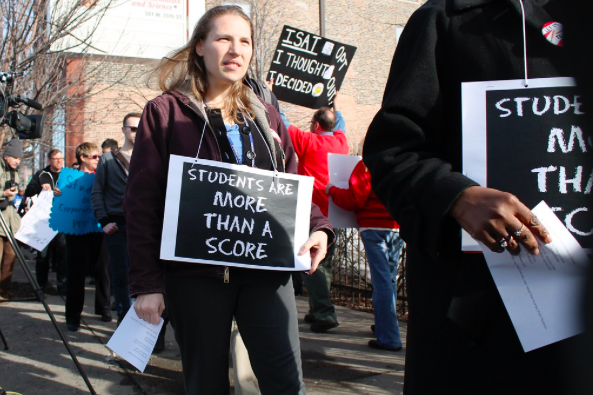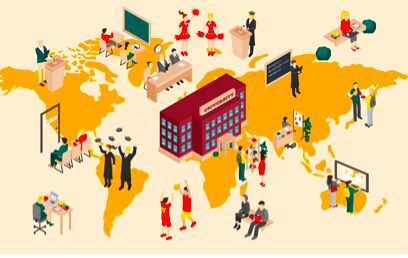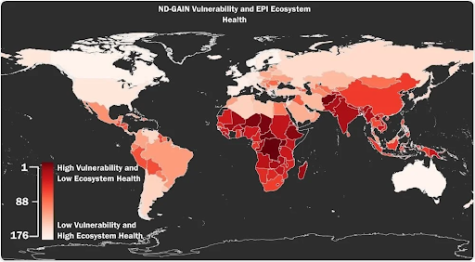Today’s America: Where “Contradicting Values Over Dinner Turn Into Entire War Zones”

No matter where you stand on the political spectrum, we all can agree that the growing issue of political division and extremism within America has become a part of the forefront of everyone’s minds. In early January, images of violence from the deadly capitol insurrection flashed on screens globally and now America has become a prime example of what negative effects radicalization and polarization can do to a country. Unfortunately, this division has caused a lot more issues than just domestic terrorism: one of which is the crumbling relationships within American families.
In an exclusive Inkwell survey gathering information from 86 adolescents from 3 different states ranging from 15-19 years old, 51.2% of participants anonymously disclosed that they have experienced political polarization within their family. The survey found common topics of dispute within these households about topics such as LGBTQ rights, systemic racism, the Black Lives Matter (BLM) movement, womens’ rights, and immigration.
“It’s hard seeing people I love believe in such narrow-minded beliefs. It kind of destroys your perception of them in a sense” -Anonymous
Unfortunately, something as simple as supporting the rights of marginalized people has become a trigger to heated arguments in families. In the end, these intense disputes have left an immense strain on the teenagers’ wellbeing.
Those who reported experiencing political division all said they feel negative emotions such as anger, anxiety, annoyance, fear, sadness, frustration and disappointment towards their family members.
One teen discloses that, “More often than not [they] feel rejected or drained after [fighting] … This also affects how much [they] feel comfortable sharing with [their] parents [, and] growing up to expect certain reactions from them absolutely impacted [their] relationship”.
Another weighs in revealing that they feel anxious and angry “because [political differences] hurt [their family] relationships and [created] a divide that may not be fixable”.
A few participants point to a possible cause for the source of these fights might be rooted in the rise of misinformation, but especially surrounding racial injustice and the BLM movement.
“My family members … spread misinformation. It makes me sad that they will not listen to facts and only lies other people tell them”, says another angered teen.
Regardless of how prevalent the divide is in your home, one thing is abundantly clear: these impacted teens are dealing with a lot right now. Hopefully civil conversations can begin to come forth within families as more discussions like this bring to light to how damaging this political divide truly is.










